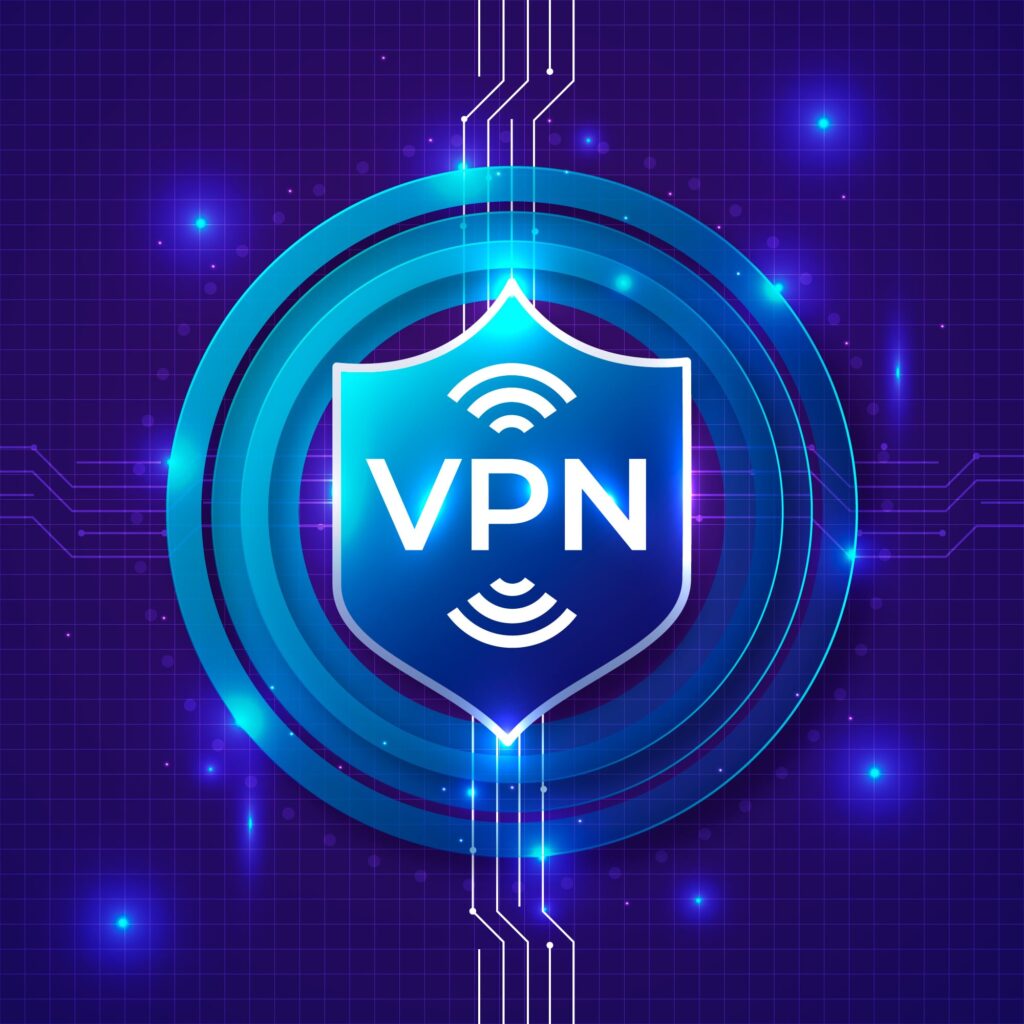Introduction
Virtual Private Networks (VPNs) play a crucial role in ensuring secure remote connectivity, especially in today’s increasingly remote work environments. By creating encrypted tunnels over public networks, VPNs enable users to access corporate resources and data securely from remote locations. Additionally, robust network security measures are essential to safeguarding data integrity and confidentiality in remote connectivity scenarios.

Virtual Private Networks (VPNs) for Secure Remote Access
VPNs provide secure remote access by encrypting data traffic between the user’s device and the corporate network. This encryption prevents unauthorized access and eavesdropping, ensuring the confidentiality and integrity of sensitive information transmitted over public networks. VPNs also authenticate users before granting access to corporate resources, further enhancing security and preventing unauthorized access.
Encryption and Data Privacy
Encryption is a fundamental aspect of VPNs, as it scrambles data during transmission, making it indecipherable to unauthorized parties. By implementing robust encryption algorithms and protocols, VPNs ensure that sensitive data remains protected from interception and unauthorized access. This encryption also helps maintain data privacy and compliance with regulatory requirements, especially in industries handling sensitive information such as healthcare and finance.
Network Security Measures for Remote Connectivity
In addition to VPNs, implementing comprehensive network security measures is essential for protecting remote connectivity environments. This includes deploying firewalls, intrusion detection and prevention systems (IDPS), antivirus software, and multifactor authentication (MFA) mechanisms. These security measures help detect and prevent unauthorized access, malware infections, and other cyber threats that may compromise the security of remote connections.
Conclusion
In conclusion, Virtual Private Networks (VPNs) and robust network security measures are critical components of remote connectivity environments, ensuring secure access to corporate resources and data from remote locations. By leveraging VPNs and implementing robust security measures, organizations can mitigate the risks associated with remote work and enable employees to work remotely without compromising data security and confidentiality.

